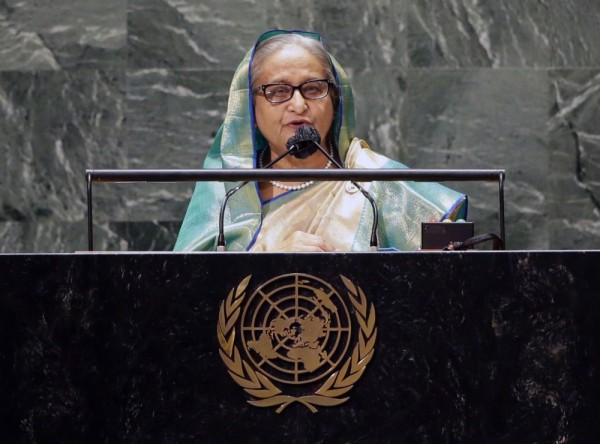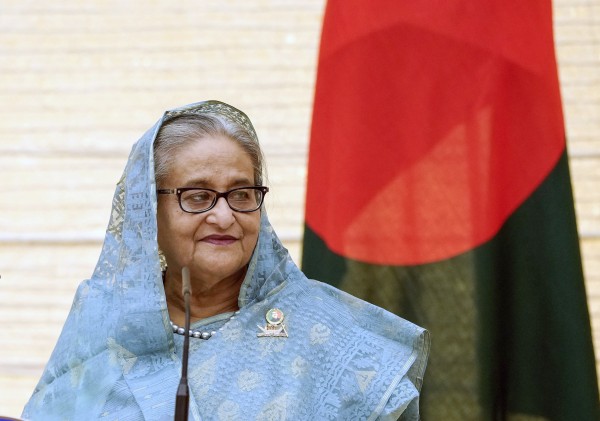The International Press Institute (IPI) expressed concern about the arrest of Bangladeshi editor Mahmudur Rahman. Rahman was arrested on Thursday, Apr. 11, on the premises of the Bengali-language pro-opposition newspaper Amar Desh, of which he is currently the acting editor.
According to reports by AP, charges brought against Rahman include sedition, cyber-crimes as well as publishing false and derogatory information that incited religious tension.
A police spokesman said that investigations against Rahman had started after the so-called Skype controversy, which erupted in December of last year.
The affair was sparked when Amar Desh published a Skype conversation, which had been leaked to the newspaper and the London-based Economist magazine.
The conversation, allegedly between Nizamul Huq – then judge of the International Crimes Tribunal (ICT) – and a Brussels-based expatriate legal expert, reportedly revealed that the government was putting pressure on the ICT to fast-track verdicts.
The ICT was set up in 2009 to investigate crimes against humanity committed by the Pakistani army and their local collaborators during the 1971 war that led to Bangladesh’s independence from Pakistan.
According to the online news agency bdnews24.com, a police spokesperson defended the fact that the arrest of Rahman took place several months after the eruption of the Skype controversy by saying that the investigations had required time.
According to an Apr. 11 AFP article, “[Rahman’s] arrest follows a nationwide crackdown on the opposition including the detention of more than 200 senior officials of the Bangladesh Nationalist Party (BNP) and the entire leadership of the largest Islamic party, Jamaat-e-Islami.”
Rahman was, besides his journalistic work, the Executive Chairman for the Board of Investment of Bangladesh after the BNP-Jamaat alliance came to power in 2001. In 2005, he became the Energy Advisor to then Prime Minister Khaleda Zia, of the Bangladesh Nationalist Party (BNP) – now the main opposition party in Parliament.
Rahman’s arrest sparked a wave of nationwide protest by BNP supporters as well as members of the largest Islamic party, AFP reported.
Journalists covering the protest marches, flaring up on both sides of the human rights trial issue, have faced difficulties and even physical attacks.
According to reports, Nadia Sharmin, a reporter for Ekushey Television (ETV) was assaulted, among other journalists, when covering a procession organised by the Islamic party Hifazat-e-Islam. Party activist beat and insulted her. Sharmin was later hospitalised.
In January, blogger Asif Mohiuddin, a self-proclaimed atheist, was stabbed after he published comments critical of religion on his website, where he also comments on issues of human rights and free speech, bdnews24.com reported.
In the night of Feb. 15, blogger Ahmed Rajib Haider, who reportedly frequently wrote about religious fundamentalism in Bangladesh, fell victim to violence as a consequence of his comments. Ahmed Rajib Haider was hacked to death with machetes in front of his house after he had expressed support for harsh sentences in the ICT cases against members of Jamaat e-Islami.
According to reports, several students of North South University, who were arrested in connection with the murder, claimed that the brutal killing had been a religious obligation.
In early April, three bloggers – including Asif Mohiuddin – were arrested over blog posts perceived as blasphemous. According to AFP, the arrest followed pressure by representatives of religious fundamentalist groups asking the government to restrict Internet content addressing matters of religion.
The three bloggers could face up to 10 years in prison on charges of religious defamation based on Bangladesh’s cyber laws.


